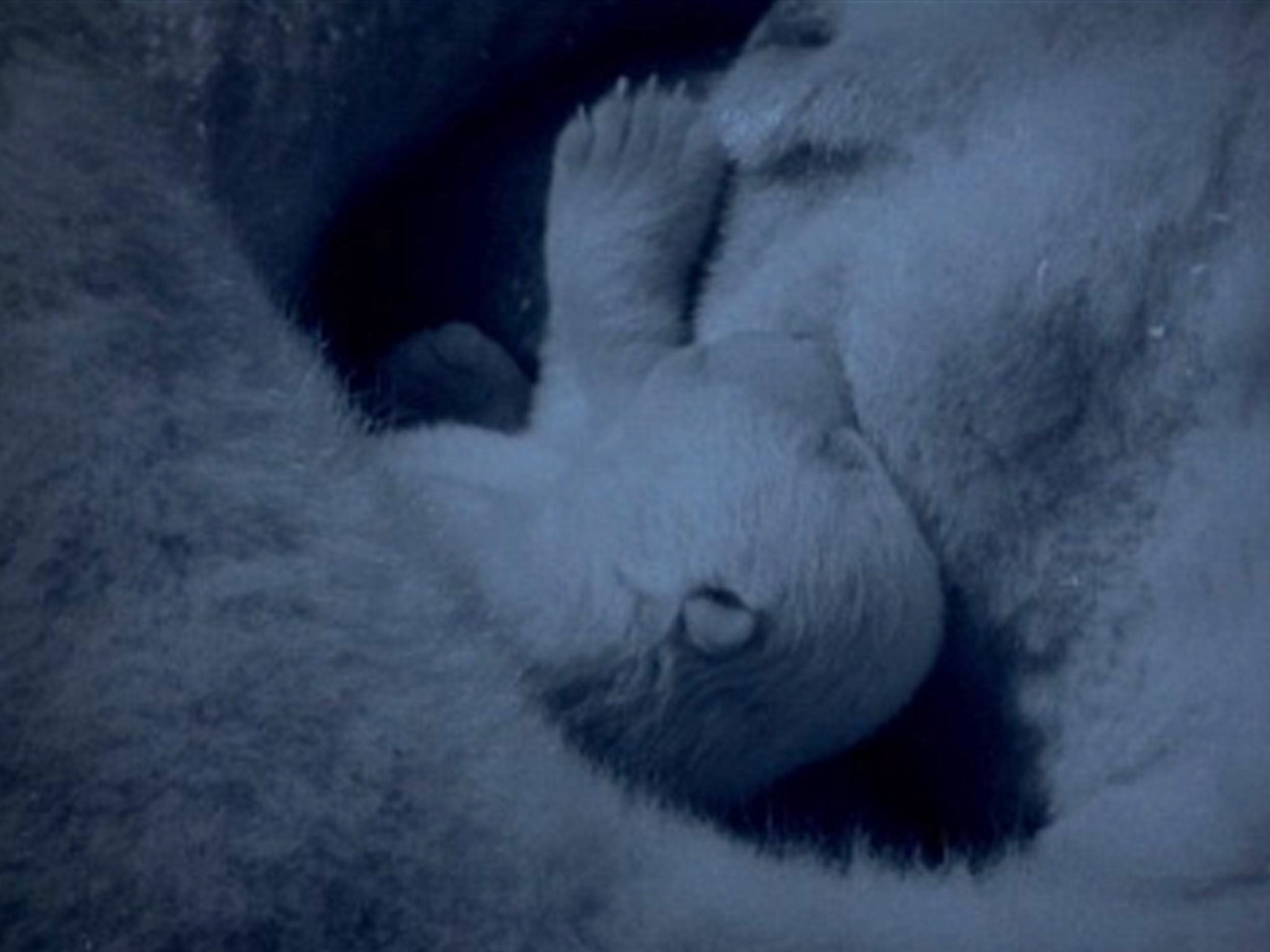Nature scenes filmed in 'controlled conditions', BBC admits after cameraman says small animal footage was 'faked'
Doug Allen said the infamous Frozen Planet polar bear incident wasn't the only specially-arranged shot on a BBC wildlife show

Your support helps us to tell the story
From reproductive rights to climate change to Big Tech, The Independent is on the ground when the story is developing. Whether it's investigating the financials of Elon Musk's pro-Trump PAC or producing our latest documentary, 'The A Word', which shines a light on the American women fighting for reproductive rights, we know how important it is to parse out the facts from the messaging.
At such a critical moment in US history, we need reporters on the ground. Your donation allows us to keep sending journalists to speak to both sides of the story.
The Independent is trusted by Americans across the entire political spectrum. And unlike many other quality news outlets, we choose not to lock Americans out of our reporting and analysis with paywalls. We believe quality journalism should be available to everyone, paid for by those who can afford it.
Your support makes all the difference.Scenes involving small mammals on the BBC's flagship nature programmes were faked, according to a cameraman who worked on Blue Planet, Planet Earth and Frozen Planet.
Speaking at the Cheltenham Literature Festival, Doug Allen claimed that filming animals "smaller than a baby rabbit" necessitates a specially set stage.
Following the claim, The BBC said animals were sometimes filmed in "controlled conditions" to accommodate the careful consideration of "animal welfare, health and safety, practical factors and the biological accuracy of the story".
The corporation said such scenes were "recreated to be as close to the natural setting as possible".
The biggest controversy surrounding faked footage came in 2011, when it emerged that Frozen Planet's scenes of a polar bear and her newborn cubs were actually filmed in a zoo.
Sir David Attenborough defended the scenes at the time, saying that flagging up the fact that some parts of the programme were filmed in a controlled environment would "ruin" the atmosphere.
According to the Telegraph, Mr Allen also defended the practice, saying: "You can't make a film about mice just by going out into a meadow and looking at mice.
"You need to introduce them to a safely built set in which they will be happy. There's a lot of skill in doing that. And a lot of these small animals will be filmed entirely in similar conditions to that polar bear."
He claimed audiences are "not bothered" by fake footage as long as the transitions are seamless, but added that the BBC should be more open about how the footage is filmed to prevent viewers feeling "deceived".

Watch Apple TV+ free for 7 days
New subscribers only. £8.99/mo. after free trial. Plan auto-renews until cancelled

Watch Apple TV+ free for 7 days
New subscribers only. £8.99/mo. after free trial. Plan auto-renews until cancelled
"I don't have a problem with that sort of thing," he said of the polar bear sequence. "I did it myself years earlier. But the public, some of the public, chose to think that that was fakery.
"I think the BBC didn't handle it the best. On their website there was a video showing how it was done, but they didn't quite bring enough attention to it. They left it several layers deep in the website, so it wasn't obvious."
The BBC's full statement read as follows: "It is sometimes necessary to film animal behaviour in controlled conditions, and in these situations it would be animal welfare, health and safety, practical factors and the biological accuracy of the story that would be taken into account when deciding on this approach.
"When filming in controlled environments, they are recreated to be as close to the natural setting as possible. As the audience is now more interested in filming techniques, this is often reflected in special 'making of' films broadcast at the end of the main film, in the commentary of the film and on-line content associated with the film."
Join our commenting forum
Join thought-provoking conversations, follow other Independent readers and see their replies
Comments